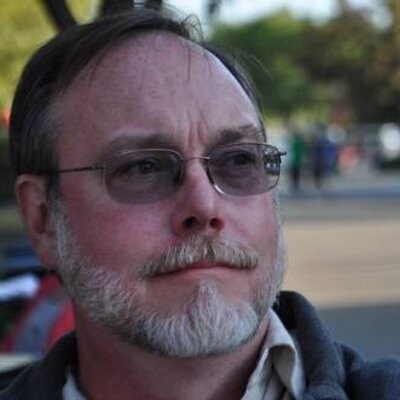The people at CU-Boulder’s Fiske Planetarium are stoked, to put it mildly. On Monday, October 12, they learned that NASA had awarded them a cool $1,000,000 with which to make movies. “We are getting hammered with proposals already,” says Thor Metzinger, the planetarium’s video producer. The plan calls for the facility to make around fifteen two-to-four minute, science-centric films over the next five years, and distribute them to more than 200 planetariums around the world.
The films will focus on telling the stories behind new scientific discoveries and advancements, and how those connect with our everyday lives. Crafted specifically for the broad, 360-canvas of a planetarium’s fulldome screen, the films will play much as short subjects do before feature presentations, becoming a ubiquitous part of skygazers’ visits. “This is a great chance to kick-start conversations about science,” says Metzinger.
Fiske is rapidly moving to the forefront of planetarium programming. In August, it hosted its first-ever Fulldome Film Fest, bringing creators and fans from around the world to screen and discuss new creations. Now, with some financial clout, it has the chance to create a new paradigm of science education. “With the advances in technology and the coming of CGI, any story is now possible,” says Education Programs Manager Matt Benjamin, who notes that the subject matter will come from the scientific community, in particular from CU-Boulder, the top NASA-funded public university in the country. “Everybody knows about going to the moon and Mars, but there’s so much more exciting science happening out there that people don’t know about. We can open the world to the importance of NASA.”
Adds Operations Manager Tito Salas, "We want to cover topics that resonate with the public. We will be talking to the public, kids and teachers about what kind of content they want to see, that they feel will be helpful.”
Fiske plans a multidisciplinary approach that will include CU’s Film Studies Program. Already, two interns are handling workflow in a production office equipped with insanely powerful computers donated by Hewlett-Packard’s Fort Collins office (think Deathstar powerful). “They’re sophomores – by the time they graduate, they’ll be full-blown professionals in this field,” says Metzinger.
The technical and aesthetic challenges of this kind of filmmaking are unique. For starters, the canvas is huge and bowl-shaped. “This is not a rectangular movie screen. This is an immersive digital experience,” says Metzinger. “You are set in the center of an environment – it’s a much more intense experience. For instance, we can put you in the middle of the Orion module. You can turn around in your seat, and there’s more to see – and you should turn around!”
Adds Benjamin adds: “Plus, this helps empower your local planetarium by making it a continuing source of current information. Given our scientific resources, our information will be authentic and reliable. The trick is to find the story. Just presenting some dry data is not going to be compelling. Hopefully, we will help to humanize the scientific process, to find the narrative beneath the data.”
Above all, Metzinger notes, the job is to reengage the audiences, to demonstrate to them that there's compelling content to experience. “It’s a digital canvas now,” he says, “so different from what it once was. A lot of people haven’t been to the planetarium for years because they don’t know it’s no longer just, you know, LaserFloyd. The days of the old optical ball are done, and people who come with their kids now to a planetarium show are more blown away than their children are. ‘It’s so much better than when I was a kid!’ they say. They’re right. We need to break that stigma.”
So budding filmmakers, production artists and animators, get ready: It’s time to take audiences to infinity and beyond. For more information about Fiske Planetarium, visit fiske.colorado.edu.
[
{
"name": "Air - MediumRectangle - Inline Content - Mobile Display Size",
"component": "12017618",
"insertPoint": "2",
"requiredCountToDisplay": "2"
},{
"name": "Editor Picks",
"component": "17242653",
"insertPoint": "4",
"requiredCountToDisplay": "1"
},{
"name": "Inline Links",
"component": "18838239",
"insertPoint": "8th",
"startingPoint": 8,
"requiredCountToDisplay": "7",
"maxInsertions": 25
},{
"name": "Air - MediumRectangle - Combo - Inline Content",
"component": "17261320",
"insertPoint": "8th",
"startingPoint": 8,
"requiredCountToDisplay": "7",
"maxInsertions": 25
},{
"name": "Inline Links",
"component": "18838239",
"insertPoint": "8th",
"startingPoint": 12,
"requiredCountToDisplay": "11",
"maxInsertions": 25
},{
"name": "Air - Leaderboard Tower - Combo - Inline Content",
"component": "17261321",
"insertPoint": "8th",
"startingPoint": 12,
"requiredCountToDisplay": "11",
"maxInsertions": 25
}
]











